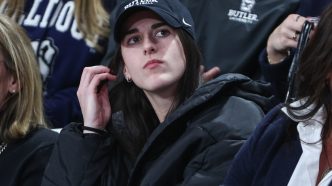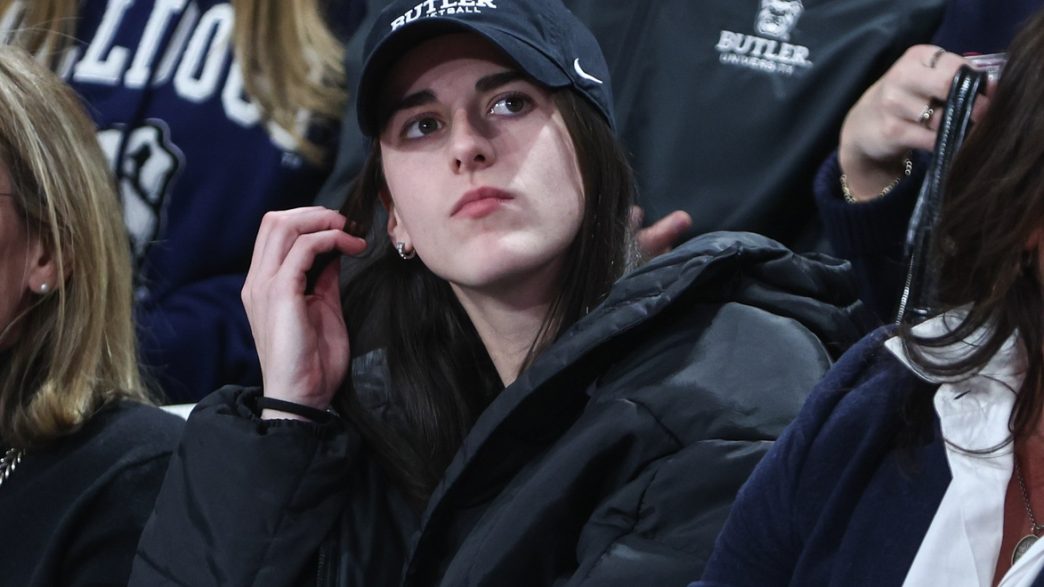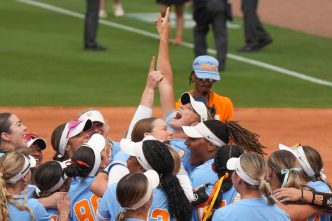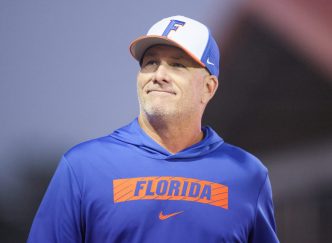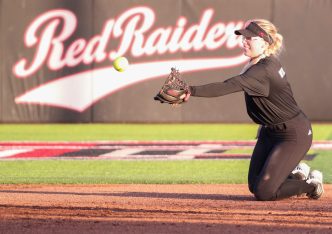Troubling news out of Indianapolis highlights the challenges that women athletes face, even as they captivate audiences with their performances. Indiana authorities have arrested Michael Thomas Lewis, a 55-year-old Texas resident, on a felony stalking charge. This follows his alleged harassment of basketball star Caitlin Clark through persistent and unsettling messages.
The situation began in mid-December when Lewis started sending Clark messages on the social media platform X. His communications, which continued into January despite initial police intervention, were concerning enough for Clark that she changed her public behavior out of fear for her safety. The messages reportedly included sexually explicit content and detailed his misguided attempts to meet her in person, revealing a disturbing fixation.
Marion County prosecutor Ryan Mears emphasized the broader implications of the case, stating, “No matter how prominent a figure you are, this case shows that online harassment can quickly escalate to actual threats of physical violence.” He praised Clark for her courage in coming forward, noting the reluctance many women feel in such situations due to fear or uncertainty.
Lewis now faces a serious legal battle with a felony “criminal stalking” charge—one that could result in a prison sentence of up to six years and a significant fine. His peculiar claim of being in an “imaginary relationship” and initial denial of owning the threatening messages were ineffective in sidestepping the mounting evidence against him. Authorities discovered that his latest communications originated from locations in Indianapolis, perilously close to Gainbridge Fieldhouse, home of the WNBA team Indiana Fever, where Clark showcases her talents.
Despite being banned from the arena, Lewis persisted with his harassment. “Got banned from [the arena]. Im sorry. But maybe I go to ur road games.. its ok right?” he wrote, showcasing a troubling determination that disregarded the boundaries set by authorities.
Caitlin Clark’s rise to stardom began at the University of Iowa, and her transition to the professional stage in the WNBA has only accelerated her fame. Regrettably, her experience isn’t unique. Female athletes, particularly those in basketball, frequently contend with offensive online discourse. NCAA president Charlie Baker highlighted this ongoing issue last month, stating that participants in last year’s NCAA Division I women’s basketball tournament received “the most brutal, the most troubling and the nastiest” messages compared to other collegiate sports.
Caitlin Clark’s stalwart response to this harassment stands as a powerful message that athletes should not have to mute their voices in the face of intimidation. This unfortunate incident serves as a stark reminder of the courage required to step forward, not just for personal safety, but to inspire change within the sports community and beyond.

